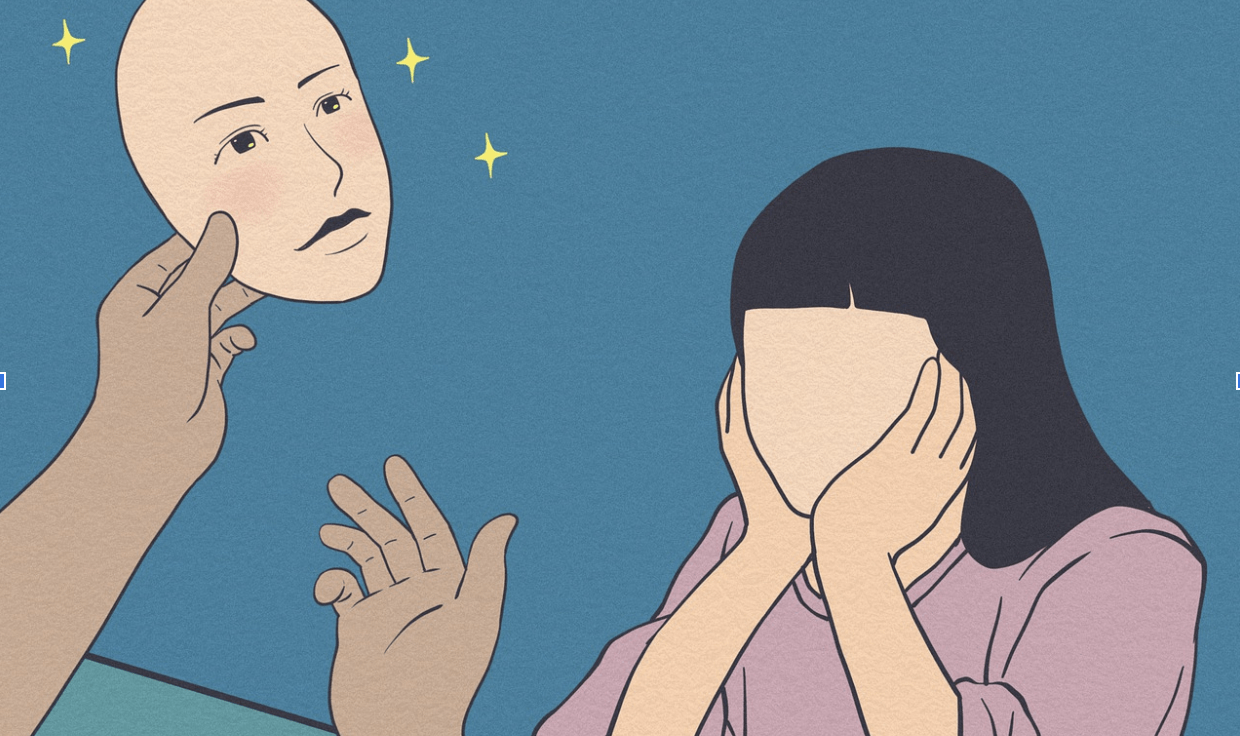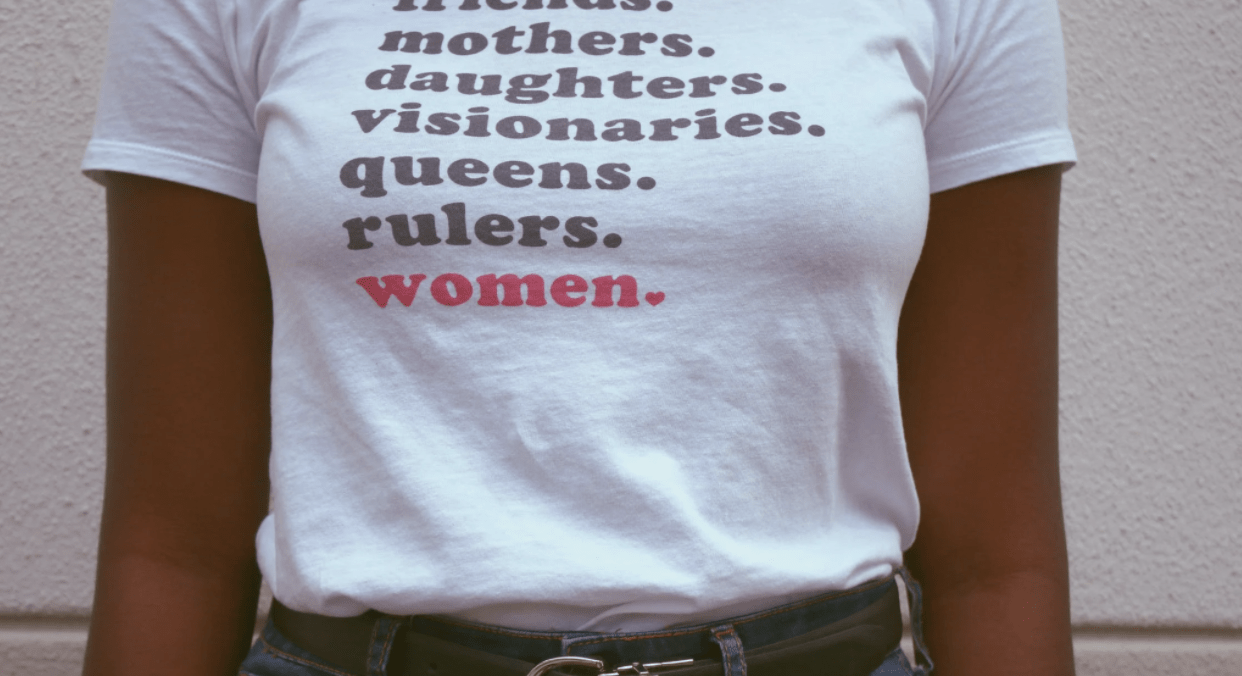
Discovering that your daughter is struggling with drug addiction can be one of the most heartbreaking experiences a parent can face. You may feel overwhelmed, helpless, or unsure of how to navigate the situation. These emotions are normal, and while the journey ahead may seem daunting, there is hope. With the right support and professional guidance, recovery is possible.
Learning how to help your daughter with drug addiction begins with understanding her struggles and taking proactive steps to provide the care she needs. Your support as a parent is crucial, but addiction is a complex condition that often requires professional intervention. Combining compassion with effective treatment strategies can help your daughter achieve a healthier, more fulfilling life.
At Anchored Tides Recovery in Huntington Beach, CA, we specialize in supporting young women battling addiction. Our women-focused rehab programs offer a safe, nurturing environment where your daughter can heal and regain control of her life. “Anchored Tides gave my daughter her life back. I’ll forever be grateful for their compassionate care,” shares a recent client’s mother.
Take the first step today. Explore Anchored Tides Recovery’s comprehensive programs designed to empower young women to overcome addiction and thrive. Together, we can help your daughter reclaim her future.
How Do You Know If Your Daughter Is Struggling With Addiction?
Behavioral Signs
- Secrecy and Isolation: It could be a red flag if your daughter becomes unusually secretive or withdraws from family and friends.
- Changes in Habits or Interests: A sudden lack of interest in hobbies, school, or social activities may signal a problem.
- Risky Behavior: Increased recklessness, such as staying out late or associating with new, questionable peers, can be concerning.
Emotional Signs
- Mood Swings: Frequent outbursts of anger, irritability, or sadness may indicate underlying struggles.
- Anxiety or Paranoia: These emotions are often intensified by substance use.
Physical Signs
- Changes in Appearance: Look for unexplained weight loss, bloodshot eyes, or neglected hygiene.
- Fatigue or Hyperactivity: Extreme fluctuations in energy levels can also be an indicator.
- Health Issues: Frequent nosebleeds, coughing, or other health concerns might suggest drug use.
“What are the signs of addiction in my daughter?” Identifying behaviors like declining academic performance, trouble maintaining relationships, or unexplained financial issues can also point to deeper struggles.
Act early to make a difference. Contact Anchored Tides Recovery to access resources and programs supporting your daughter’s healing path.
The Emotional Toll of Your Daughter’s Addiction
Watching your daughter struggle with addiction can be an overwhelming emotional experience. As a parent, you may feel a range of emotions—guilt, wondering if you could have done something differently; fear, for her safety and future; frustration, from not knowing how to help; and helplessness, as her addiction feels out of your control. These feelings are not only common but also entirely valid.
It’s important to remember that addiction is a disease, not a reflection of your parenting or your daughter’s character. Healing is possible for both you and your daughter. Seeking help for parents of addicted daughters through support groups, therapy, or professional guidance like that offered at Anchored Tides Recovery can provide the tools needed to process these emotions and take effective action.
“I was so lost until Anchored Tides helped me understand addiction and rebuild trust with my daughter,” says one parent.
Take the first step today—contact Anchored Tides Recovery for support tailored to help families heal together.
How to Help Your Daughter With Drug Addiction
Supporting your daughter through addiction can feel overwhelming, but taking intentional, informed steps can make a meaningful difference. Here’s how to provide support for your addicted daughter while encouraging her toward recovery.
Understanding addiction as a disease—not a moral failure—can help you approach the situation with compassion and clarity. Addiction alters brain chemistry, affecting decision-making and impulse control. By learning about addiction, you’ll be better equipped to address her struggles and identify effective solutions.
How can I talk to my daughter about her addiction? Start with open, non-judgmental conversations. Avoid blame or shame, and instead, focus on expressing concern and support. For example, you might say, “I’ve noticed changes in your behavior, and I’m worried about you. How can I help?” Showing empathy builds trust and opens the door for honest dialogue.
While showing unconditional love, it’s important to set healthy boundaries. Boundaries create accountability and prevent enabling behaviors. For instance, you might say, “We’re here to support you, but we can’t ignore destructive behaviors.” Enforcing these boundaries helps her understand the seriousness of her situation.
How do I encourage my daughter to seek treatment? Frame treatment as an opportunity for healing rather than a punishment. Explain that professional help, such as the programs at Anchored Tides Recovery, provides specialized care for young women. Offer to help her research options or attend an initial consultation together.
Supporting your daughter through addiction requires patience, persistence, and love. Contact Anchored Tides Recovery today to learn how we can help you and your daughter on this journey.
Why Professional Help Is Essential
When dealing with addiction, professional treatment is often the most effective way to help your daughter reclaim her health and future. That’s where Anchored Tides Recovery comes in. Our women-focused rehab programs are designed to meet the unique needs of young women battling addiction.
Key Treatment Options for Daughters with Addiction
At Anchored Tides Recovery, we focus on uncovering the root causes of addiction. “They didn’t just treat the symptoms—they gave my daughter the tools to thrive,” says a parent.
Take action today to help your daughter start her journey to recovery. Contact Anchored Tides to learn more about our specialized programs.
Helping Your Daughter Build a Healthy Future
Recovery doesn’t end when treatment concludes. Supporting your daughter’s long-term recovery is a continuous journey that requires patience, consistency, and encouragement.
Consistency and patience are essential. Let Anchored Tides Recovery support your family in navigating this journey together.
Take the First Step Today
Helping your daughter overcome addiction requires a combination of love, support, and professional care. At Anchored Tides Recovery, we specialize in addiction treatment for young women, offering compassionate, women-focused programs designed to address the unique challenges they face.
Don’t wait to take action. Contact Anchored Tides Recovery today to create a brighter, healthier future for your daughter and your family.
- Phone: 866-329-6639
- Email: admissions@anchoredtidesrecovery.com
- Contact Form: Verify Insurance
Your daughter’s path to recovery starts with your support. Call today—healing and hope are just a call away.



 In a world where the prevalence of depression continues to rise, finding effective and alternative treatments is of paramount importance. One such alternative that has been gaining attention is heated yoga. In a groundbreaking randomized controlled clinical trial conducted at Massachusetts General Hospital, researchers discovered that participants who engaged in heated yoga sessions experienced significant reductions in depressive symptoms compared to a control group. This exciting development suggests that heated yoga could be a promising addition to the arsenal of treatments for individuals suffering from moderate-to-severe depression.
In a world where the prevalence of depression continues to rise, finding effective and alternative treatments is of paramount importance. One such alternative that has been gaining attention is heated yoga. In a groundbreaking randomized controlled clinical trial conducted at Massachusetts General Hospital, researchers discovered that participants who engaged in heated yoga sessions experienced significant reductions in depressive symptoms compared to a control group. This exciting development suggests that heated yoga could be a promising addition to the arsenal of treatments for individuals suffering from moderate-to-severe depression.
































